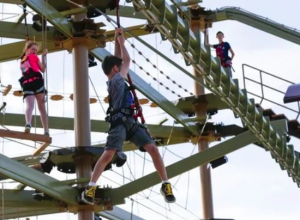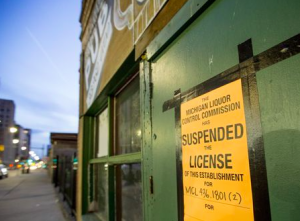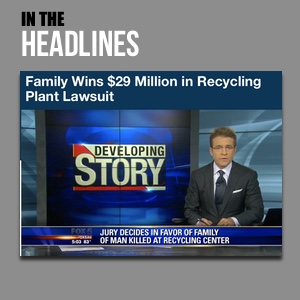Selecting the right attorney for you or your family is highly important. You must feel confident that the attorney you hire has a complete understanding of the law applicable to your particular case, and has successful experience in handling such cases.
Important: Do not hire a lawyer who has violated the Rules of Professional Conduct!!!
You should not hire an attorney who calls you or visits you unsolicited, or anyone that contacts you directly to offer legal services. This activity is strictly prohibited by Rule 7.3 of the American Bar Association (ABA) Model Rules of Professional Conduct, which states as follows:
 A LAWYER “SHALL NOT” CONTACT A PROSPECTIVE CLIENT THROUGH A “LIVE TELEPHONE” OR AN “IN-PERSON” VISIT.
A LAWYER “SHALL NOT” CONTACT A PROSPECTIVE CLIENT THROUGH A “LIVE TELEPHONE” OR AN “IN-PERSON” VISIT.
– RULE 7.3, ABA MODEL RULES OF PROFESSIONAL CONDUCT.
If an attorney, or someone acting on behalf of an attorney, contacts you in this manner, that attorney is in violation of this Rule. This unethical and unprofessional activity on the part of the lawyer is good sign that you should stay away. It is imperative that you are represented by an attorney who is capable of advocating for you within the confines of the law, and an attorney who fails to abide by the Rules of Professional Conduct is probably not the best fit. In fact, any such attorney should be immediately reported to the local State Bar Association. If you have been contacted in such an unsolicited manner, contact us and we’ll assist you in filing a report.
 The Legal Chronicle
The Legal Chronicle


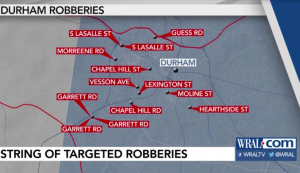
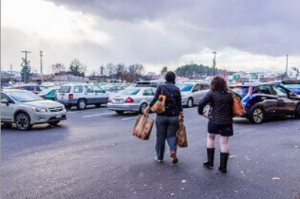
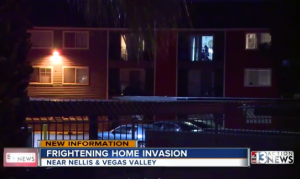
 Thousands of families will flock to malls this holiday season. While it can be a magical experience for children, festive store displays and bustling crowds can create or compound risks for young shoppers.
Thousands of families will flock to malls this holiday season. While it can be a magical experience for children, festive store displays and bustling crowds can create or compound risks for young shoppers. 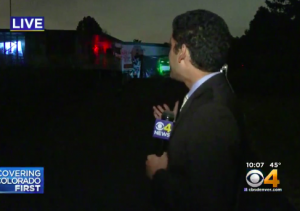
 Apartment residents have a right to provide a safe and secure home for their families. Unfortunately, tenants have little control over apartment community safety measures and access controls. As such, it is the duty of apartment complex owners and management companies to provide a safe premises for their tenants.
Apartment residents have a right to provide a safe and secure home for their families. Unfortunately, tenants have little control over apartment community safety measures and access controls. As such, it is the duty of apartment complex owners and management companies to provide a safe premises for their tenants. As families prepare Halloween trick-or-treating plans and costumes, SafeKids Worldwide stresses the importance of also preparing safety strategies:
As families prepare Halloween trick-or-treating plans and costumes, SafeKids Worldwide stresses the importance of also preparing safety strategies: